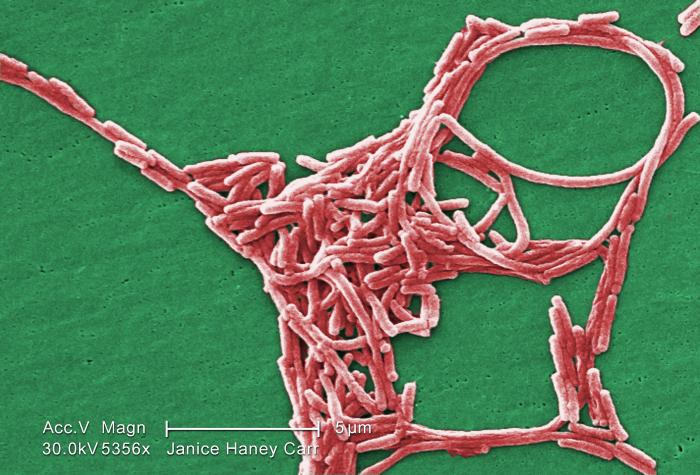
Over the weekend, Argentinian health officials announced that Legionella was isolated from samples from four people infected in an unexplained cluster of bilateral pneumonia at a hospital that triggered fears of a possible outbreak of a new pathogen.
In the outbreak centered at a private facility in Tucuman province, in separate reports over the past few days, officials reported 9 more cases and 3 more deaths, raising the outbreak total to 19 cases, 6 of them fatal.
Tests indicate Legionalla pneumophilia
In a Sep 3 statement, provincial health officials said the three of the samples that tested positive were respiratory samples from sick patients, and the other was a puncture biopsy from one of the patients who died. They said the Legionella bacteria were still being subtyped, but they suspect it is Legionella pneumophilia.
Legionella can be transmitted through inhalation through water or air conditioning. Officials said it is safe to transfer patients to another facility so that investigators can examine the water and air conditioning systems in the affected hospital.
The World Health Organization (WHO) said in a statement that tests at Argentina's national lab had were negative for several respiratory viruses and bacteria and that tests were negative for the urinary antigen for Legionella. More detailed DNA testing on two bronchoalveolar lavage samples were consistent with Legionella species, with further testing suggesting that the results were compatible with Legionella pneumophilia.
"This laboratory result supports evidence compatible with Legionnaires' disease. Blood culture and seroconversion tests continue to be conducted to complement the diagnosis of Legionella infection," the WHO said. Though uncommon, Legionnaires' disease is a known cause of community- and hospital-acquired pneumonia.
Read more...







